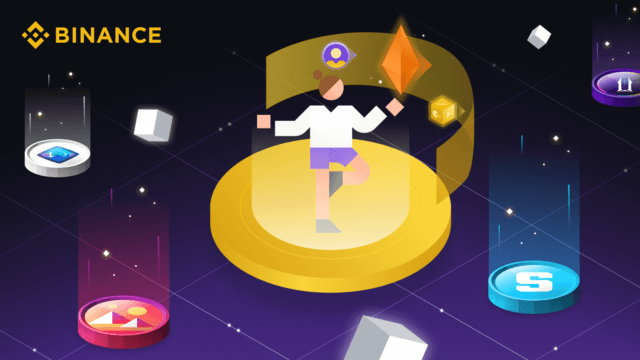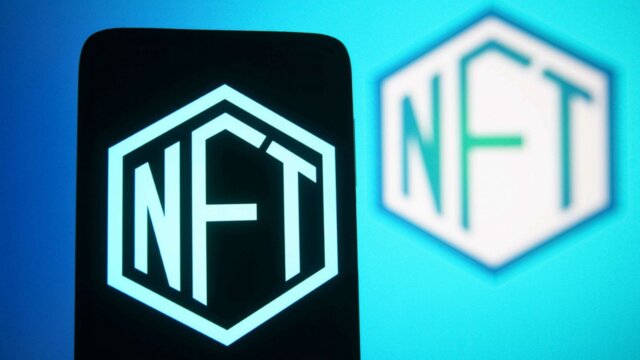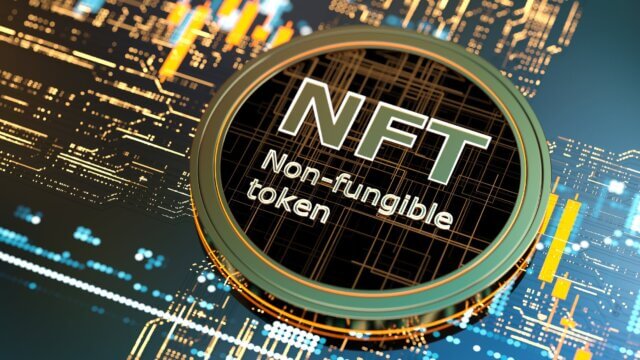As the market for non-fungible tokens (NFTs) continues to grow, so too does the number of scammers looking to take advantage of unsuspecting investors. One high-profile victim of this type of fraud was entrepreneur and investor Kevin Rose, who recently lost $1.4 million in an NFT phishing scam. In this article, we’ll take a closer look at the incident and discuss the lessons that can be learned from it to help protect yourself from similar scams in the future.
What is an NFT?
Before diving into the details of the scam, it’s important to understand what an NFT is. NFTs are unique digital assets that are stored on a blockchain. They can represent anything from digital artwork and collectible items to virtual real estate and even tweet. Unlike fungible tokens (such as Bitcoin), each NFT is one-of-a-kind, making them highly valuable to collectors and investors.
How the Scam Happened
According to Rose, the scam began when he received a direct message on Twitter from an account posing as the creator of an NFT project he was interested in investing in. The scammer provided a link to an NFT marketplace where Rose was instructed to purchase the NFT. However, the link actually led to a phishing site that looked identical to the legitimate marketplace, where Rose unknowingly entered his private key and other personal information. The scammers then used this information to steal his $1.4 million in cryptocurrency.
How to Protect Yourself
So, how can you protect yourself from similar scams in the future? Here are a few tips to keep in mind:
- Be wary of unsolicited messages. If you receive a message from someone you don’t know, be careful before clicking on any links or entering any personal information.
- Check the URL. Before entering your personal information on a website, make sure the URL is correct and begins with “https”. Also look for a padlock icon in the address bar, indicating that the site is secure.
- Use two-factor authentication. Two-factor authentication adds an extra layer of security to your account by requiring a second form of verification in addition to your password.
- Avoid public Wi-Fi. Public Wi-Fi networks are often not secure, so avoid using them to access your accounts or make any financial transactions.
- Be skeptical of too-good-to-be-true offers. If something seems too good to be true, it probably is. Be skeptical of any offers that promise quick and easy returns, and do your own research before investing in any projects.
By following these tips, you can help protect yourself from NFT phishing scams and other types of fraud. Remember, always be vigilant and stay informed to keep your assets safe.
In conclusion, the incident of Kevin Rose’s $1.4 million loss in NFT phishing scam serves as a reminder of the importance of being vigilant and staying informed when it comes to investing in the NFT market. By following the tips outlined in this article, you can help protect yourself from similar scams in the future.












